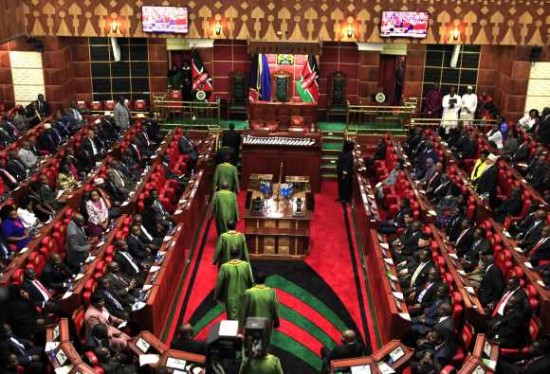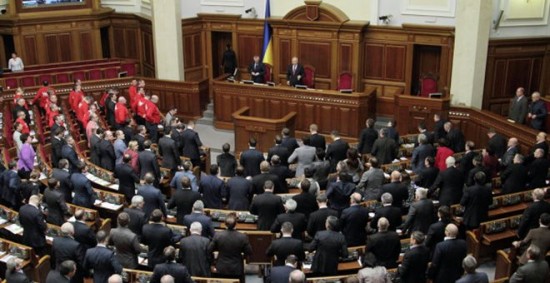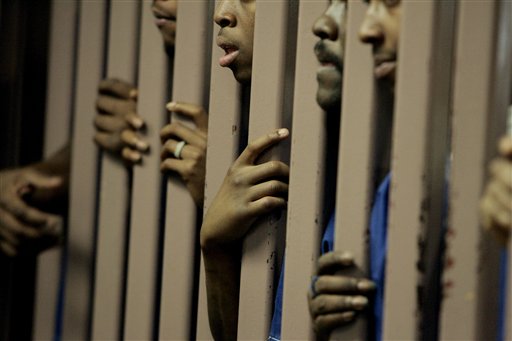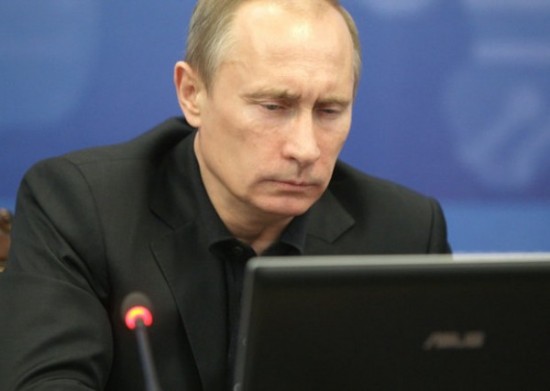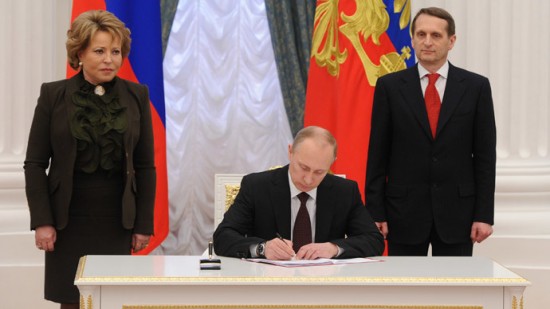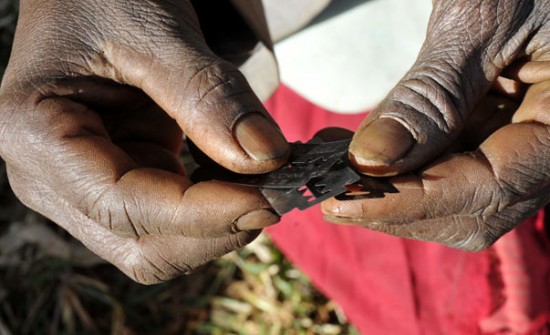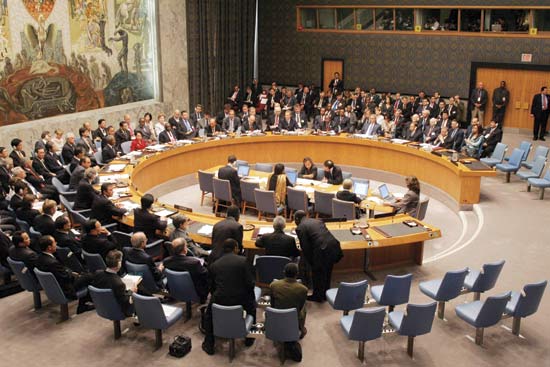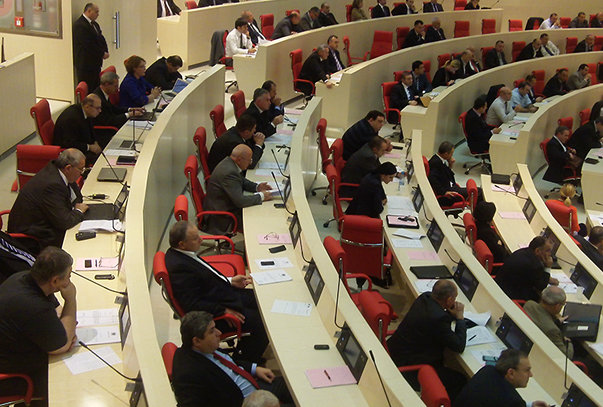Feb. 1, 2014, an amendment to Russia’s “On Information, Information Technologies and Information Protection” law took effect. The amendment allows the government to restrict access to websites with content that calls for riots, extremist activities, and participation in mass public events.
The bill is part of a trend in Russian law which began with President Vladimir Putin’s election to a second term in 2012. The amendment in question allows the government to silence not only national criticism–it does this through other laws, such as its 139-FZ (2012) censorship law–but also criticism anywhere else in the world. The measure shields Russia from political dissent.
A commonly cited example is Facebook. During Russia’s 2012 presidential election, Facebook was used to organize protests against Putin. Using the newly amended bill, the government’s agency responsible for monitoring such threats, Roskomnadzor (an acronym for Federal Service for Supervision in Telecommunications, Information Technology and Mass Communications), can contact Facebook when it finds such material and request Facebook remove the material. If Facebook does not remove the material, Russia can block the site nationwide.
Roskomnadzor has had some success. YouTube took videos, but filed a lawsuit in a Russian court to seek a finding that a video was not offensive (a video showing how to make fake cut-wounds). Facebook removed a suicide-themed user group called “Club Suicid,” but stated that they had removed the video because it violated their terms of use, not because of the Russian legislation. Facebook does block some content from some nations, such as Holocaust denial from Germany and France and defamation of Mustafa Kemal Ataturk in Turkey. Twitter removed posts that seemed to be related to drug deals and promoting suicidal thoughts.
The rationale for the bill was terrorism. Child pornography, suicide encouragement, and drug information are also used to legitimize this category of legislation. Roskomnadzor began by singling out only distressing material, such as real encouragement of suicide, child pornography and terrorism. However, on March 13, 2014, several independent news sites were blocked.
The original internet censorship bill, officially titled “On Amendments to Federal Law On Protecting Children from Information Harmful to Their Health and the Development and Certain Legislative Acts of the Russian Federation” (139-FZ of 2012-07-28) passed the Russian Duma in 2012. It passed unanimously with support from all four parties. 441 out of 450 deputies voted to support the bill. The bill had raced through the Duma, less than a week after the initial June 6 reading of the amendments and its June 11 third reading and passage.
The bill created a registry–or “blacklist.” The registry was a “uniform registry of domain names and (or) the universal locators to pages of sites on the Internet and network addresses of sites on the Internet that contain information prohibited to spread in the Russian Federation.” Any site found to have information that was prohibited would be put on the registry.
The qualifications to be put on the registry were two, broadly. First, federal executive authorities could decide to register a site if they found the site contained child pornography, almost any information relating to drugs, or almost any information about suicide. Second, a court decision could place a site on a registry if the site had information found to be prohibited to be spread in Russia. The federal agency appointed to monitor websites and the courts–which already have authority to ban material that violates Russian legislation–can add items to the blacklist. Appeals to convictions can only be made within a three-month period.
The bill had originally included “extremist” online content, but the Duma removed this portion in the bill’s third reading.
Upon being found to qualify for registry, the owner of the site is to be notified within days, and must remove all content found to be prohibited within days. If the hosting provider or the owner of the site fail to restrict access, the site’s network address is added to the government’s registry (even though the same IP can be used for thousands of sites).
Criticism of the bill was voiced this way by the Presidential Council for the Development of Civil Society Institutions and Human Rights:
“The bill is not aimed at combating the causes of illegal content and its distribution on the Internet and will not contribute to the effectiveness of law enforcement and prosecution of criminals, who will be able to migrate resources from illegal content in other domains and IP addresses. At the same time, many bona fide Internet resources with legal content may be affected by the mass blocking, since the system would impose severe restrictions on the basis of subjective criteria and assessments, which will make the Russian jurisdiction extremely unattractive for Internet businesses.”
By Day Blakely Donaldson
Highbeam Business
